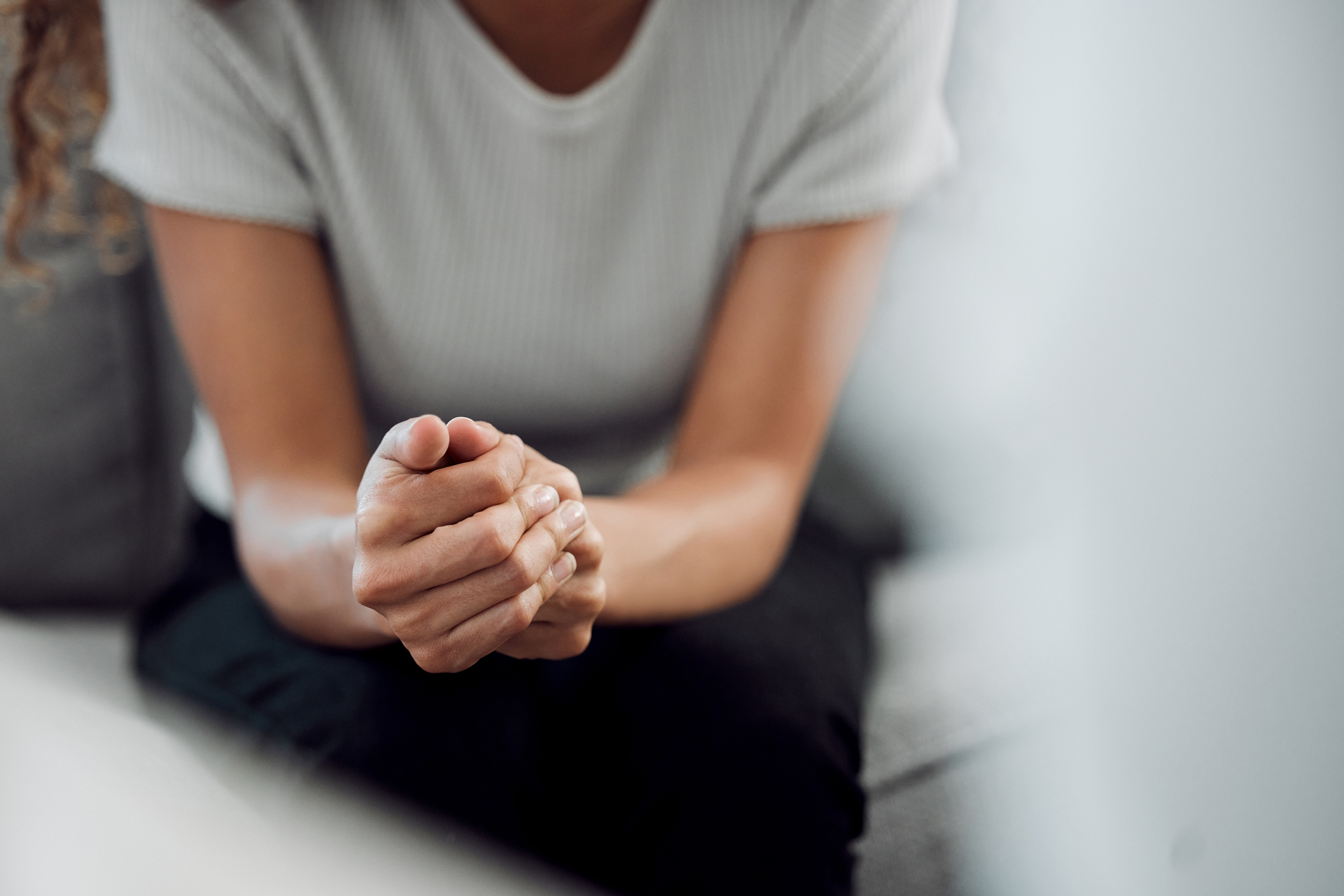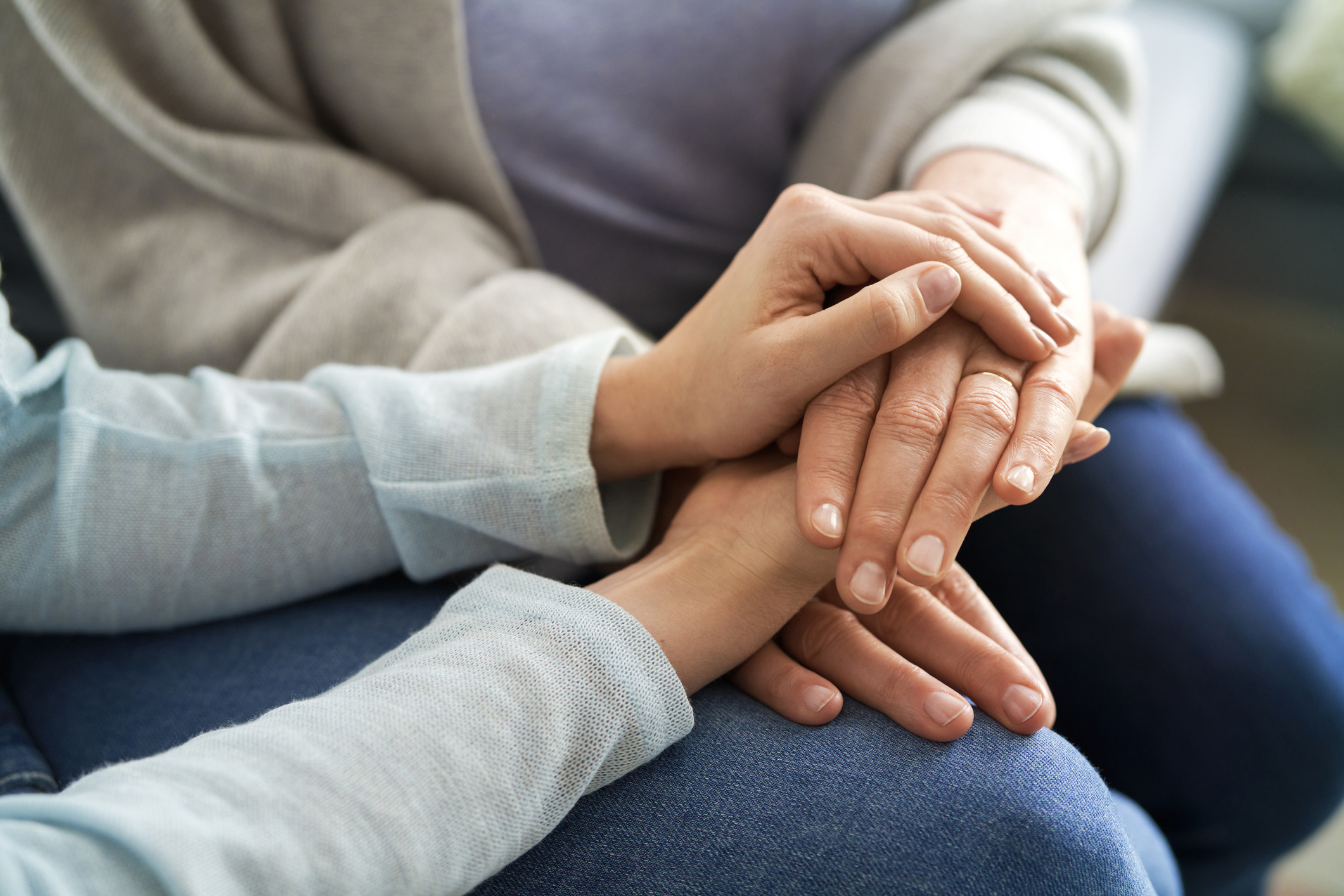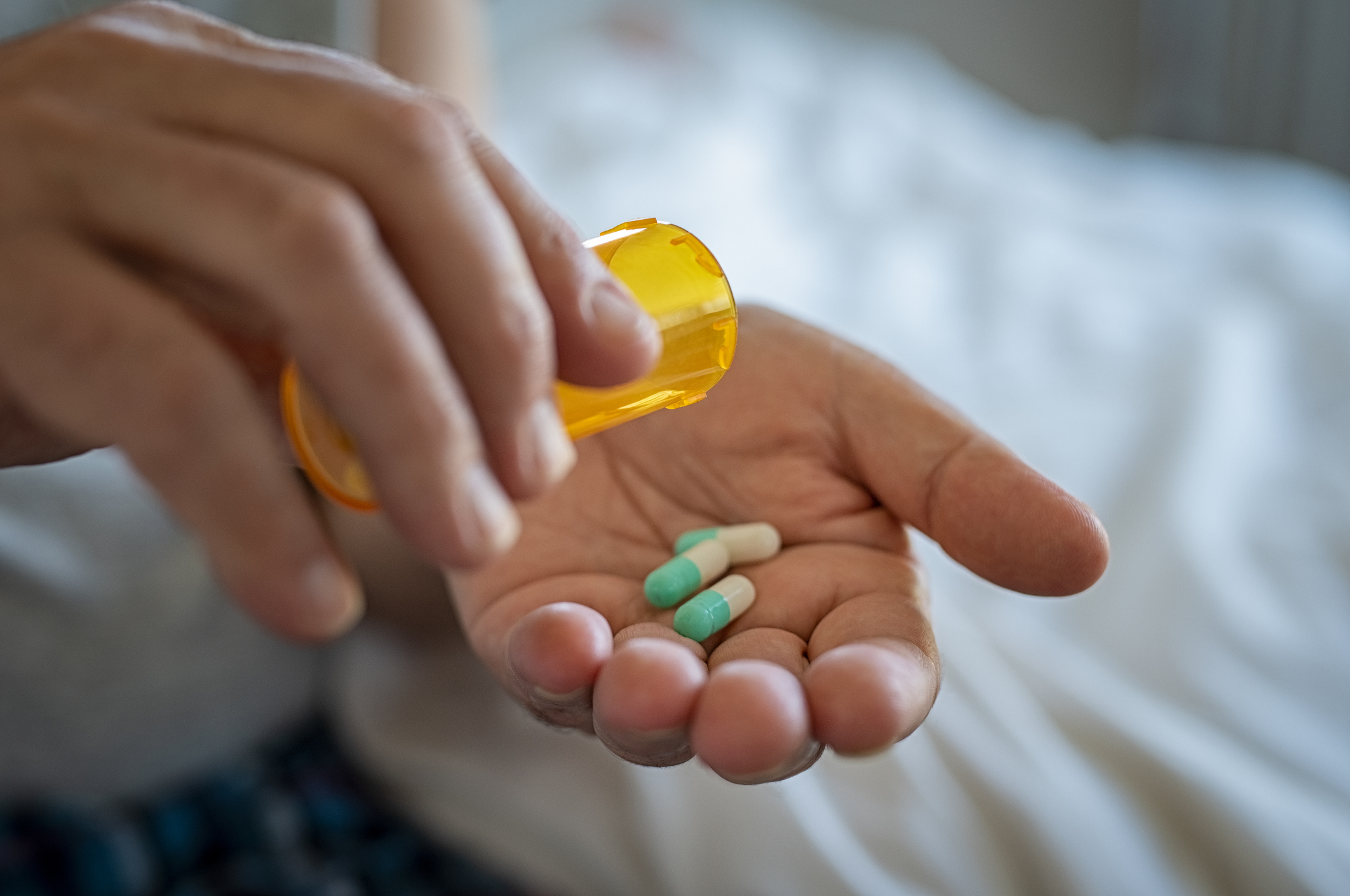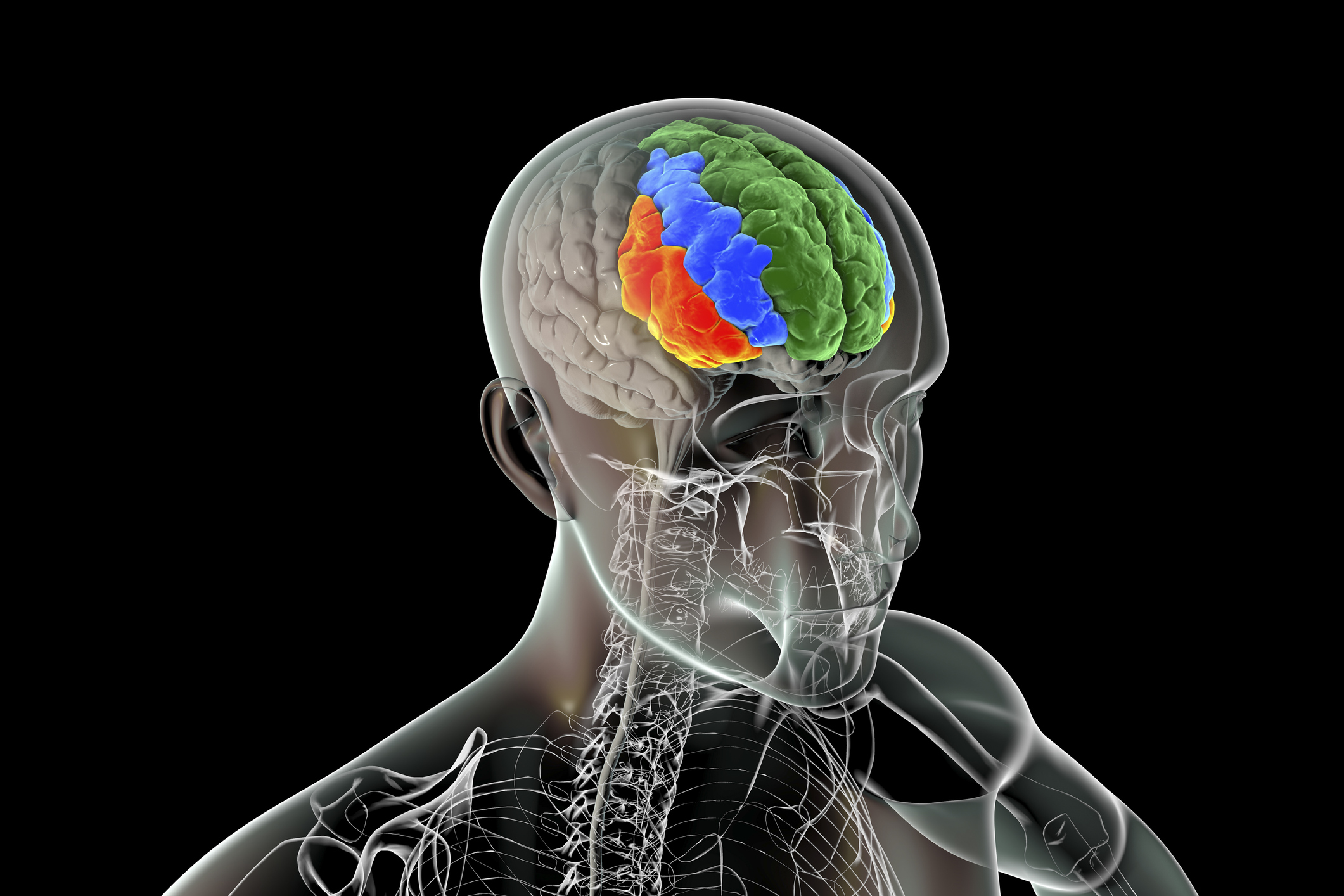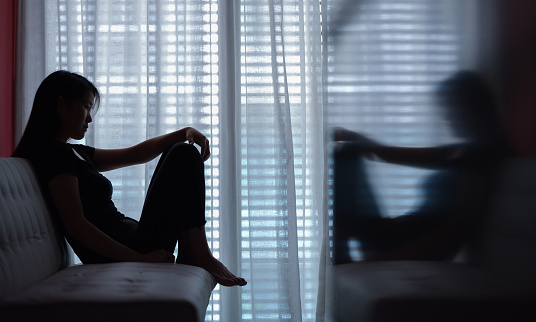Experiencing SAD In Summer
June 2, 2022
Many people who struggle with mental health have heard of seasonal affective disorder, commonly (and perhaps aptly) abbreviated to “SAD.” SAD is a type of depression whose symptoms are impacted by changing seasons: individuals with SAD most often experience depressive episodes during the fall and winter, and start to feel…

